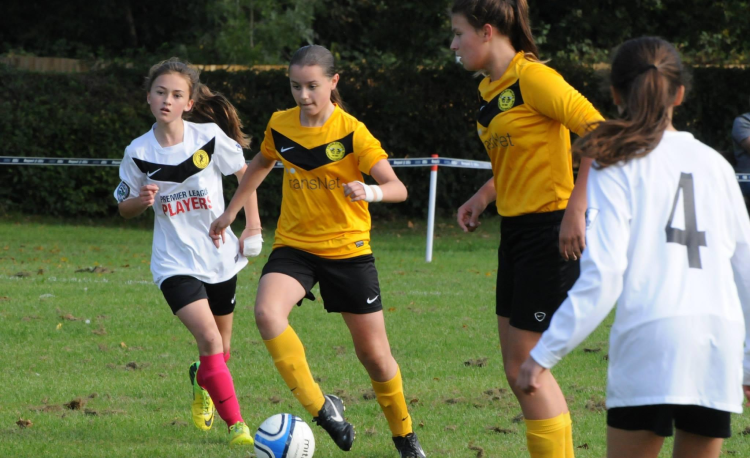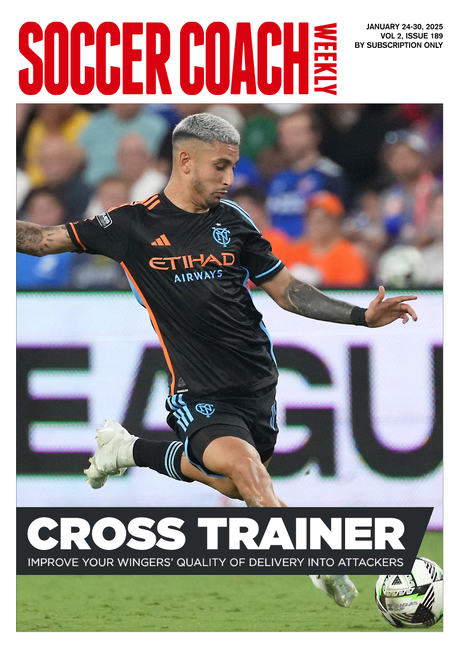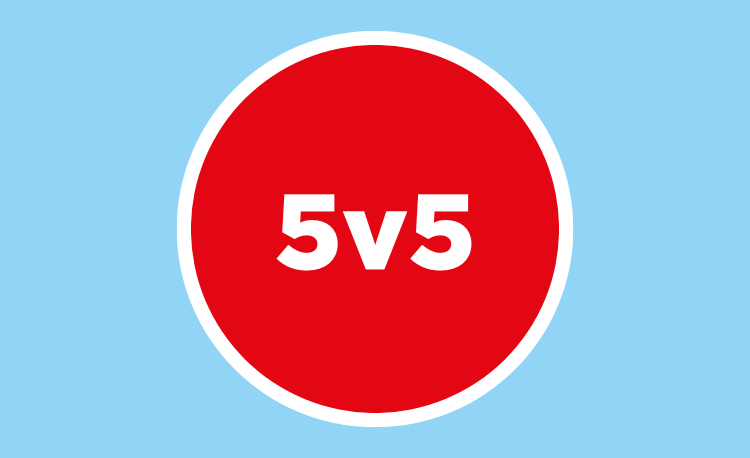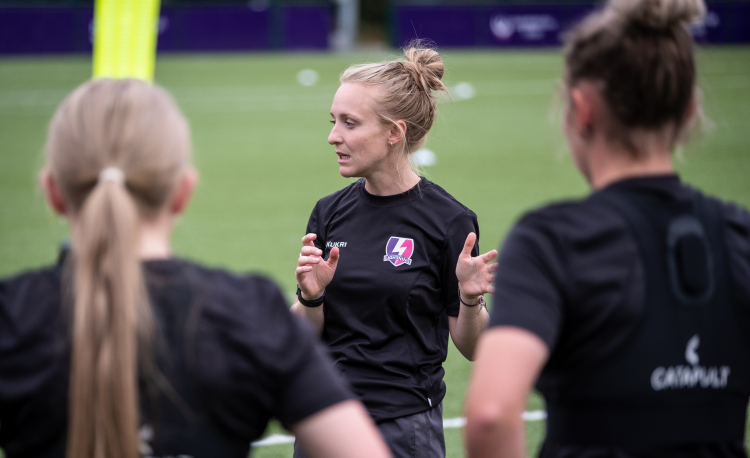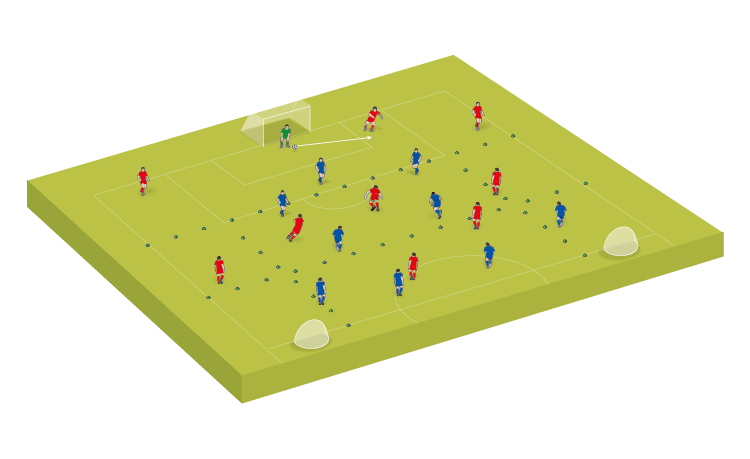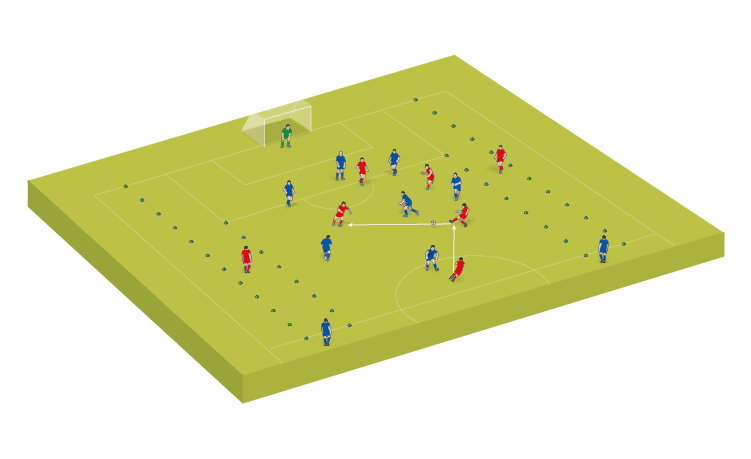How to know if a player is ready to move up an age group
Six important questions to consider before moving a player up an age group.
For some youth players, a move to an older team can massively help their development.
However, for others, it can be a significant setback.
Here are some questions to consider when evaluating whether or not to push a player up a year group.
What do they want to get out of soccer?
As the coach, ask yourself: What is this player here for?
All the youth soccer research suggests the main reason for playing in a team is for players to enjoy themselves with their friends. If a player is there for that reason, let them do just that.
However, if a player wants to progress, and you think moving them up is a way to help them do so, consider it.
But also think about how you can help facilitate friendships in their new team. Without friends, the enjoyment of playing can quickly be lost.
Is it for the right reasons?
Often, players are encouraged to play up a year to help make up the numbers of teams that are struggling for players.
While this is understandable, it is important not to make decisions on this basis. If a player finds themselves out of their depth, it could put them off the game for good.
By the same token, if a player is being moved up to be a back-up, or sit on the bench every week, it won’t be helpful. Youth players need games.
Considering the player’s attributes as an individual, rather than for the team, will help you make the best decision for them.
Do they need to be challenged?
Is there something about the player that makes them stand out among their peers at their current age group?
Are they scoring lots of goals, dominating in the middle or leading the backline effectively?
If so, are they doing enough to stretch them to improve? A move to the next level may be needed to keep getting the best out of them and stop them from stagnating.
Are they strong enough?
A player may have the skillset required to cut it playing in an older group, but if they aren’t physically up to the task, these skills might not have a chance to shine.
"If you feel they are ready, you will need to support them through the transition..."
Make sure the player you are considering moving up is physically robust enough to deal with what faces them.
Can they cope mentally?
It is not easy being the youngest in a team, particularly if it is by a distance.
Players moving up may suddenly lose the confidence they require to express themselves. A born leader in one age group might not be able to cope with the fact that they arrived in a new team at the bottom of the pecking order.
Then there is the question of whether they have the mental maturity to deal with the social side of the team, which inevitably moves on as kids develop.
If you feel they are ready, remember that you will need to support them through the transition.
Can they cope, tactically?
It might be that by moving up a year group, new players suddenly have to deal with new tactical challenges, such as coping with the offside rule, or changing formats – from seven-a-side to nine-a-side, for example.
It could simply be that the older players are playing a more sophisticated style and using more complicated tactics. Either way, make sure your new players understand any potential changes that lie ahead.
Related Files
Newsletter Sign Up
Coaches Testimonials

Gerald Kearney, Downtown Las Vegas Soccer Club

Paul Butler, Florida, USA

Rick Shields, Springboro, USA

Tony Green, Pierrefonds Titans, Quebec, Canada
Subscribe Today
Discover the simple way to become a more effective, more successful soccer coach
In a recent survey 89% of subscribers said Soccer Coach Weekly makes them more confident, 91% said Soccer Coach Weekly makes them a more effective coach and 93% said Soccer Coach Weekly makes them more inspired.
*includes 3 coaching manuals
Get Weekly Inspiration
All the latest techniques and approaches
Soccer Coach Weekly offers proven and easy to use soccer drills, coaching sessions, practice plans, small-sided games, warm-ups, training tips and advice.
We've been at the cutting edge of soccer coaching since we launched in 2007, creating resources for the grassroots youth coach, following best practice from around the world and insights from the professional game.
